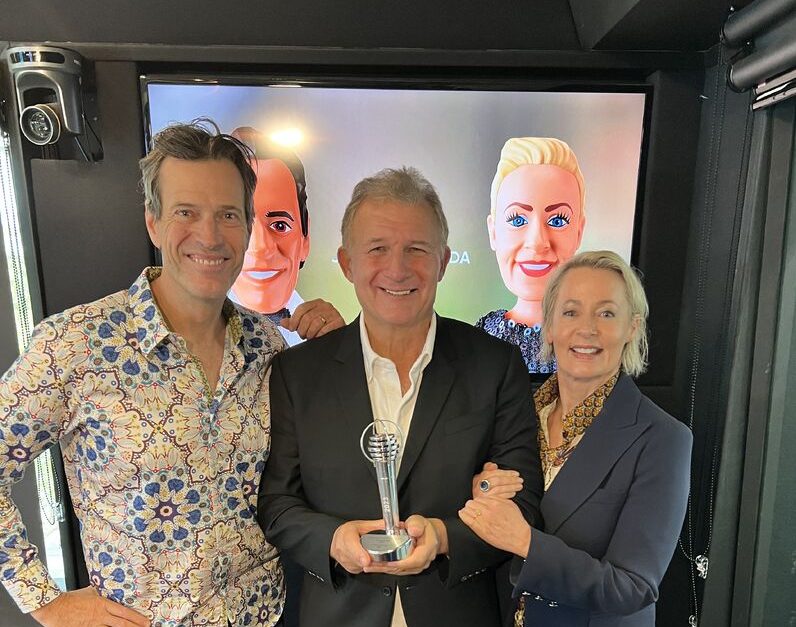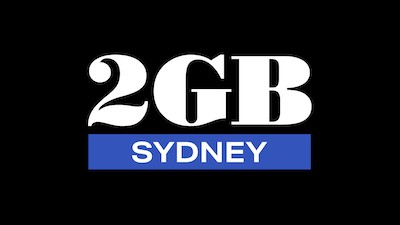Play and Pay Fair: Australian music vs radio

Let’s say you grow and supply bananas. There are major international supermarket chains and local shops. The international chains have every fruit and veg under the sun as well as all the varieties of bananas. The local supermarket has a requirement to supply a percentage of local grown and produced product. You can sell your bananas to the international chain but they’ll only take it if, by the time it gets to the shelves, it costs less than the cost of growth and supply.
The local store loves your bananas. The fixed price that you can sell them at means that you can survive even though sometimes people want mangoes, or vegetables or Fred Smith’s lady fingers he also grows and supplies nearby. You’ve tried selling them online, as part of gift hampers and you’ve even given stock away to the multinationals in the hope of building your brand and reputation, but ultimately bulk of your income comes from selling at the local store.
Eventually all the local growers and suppliers want more for their product. They can’t change anything with the international suppliers as they have a whole world of suppliers and can pick and choose depending on what their customers are buying.
You want the local shop to keep the percentage of local they are required to sell but pay more directly back to you.
The local shop is not happy with this, and counteroffers that perhaps they’ll petition to get rid of the quota and buy your bananas less often or import them cheaper instead. Or sell only three fruits from now on, and no bananas. Or get rid of fruit from the supermarket altogether.
Then they say, what about all the money our shop has been paying on supply, admin and to the Fruit and Vegetable Federation who we report and pays fees to just to sell your bananas? Won’t we be paying more to them too? How do we survive with that?
This long-winded analogy is what is happening at present between the Australian music and radio industries.
Australian Recording Industry Association (ARIA) and Phonographic Performance Company of Australia (PPCA), representing the Australian musical artists, are seeking an Amendment Bill, called Fair Pay for Radio Play, to the Copyright Act 1968 to remove restrictions limiting the Copyright Tribunal’s ability to determine the amount payable to rights holders in sound recordings.
ARIA and PPCA CEO, Annabelle Herd, said:
“Legislation should not restrict the value of a sound recording, particularly when it puts our local recording artists at a disadvantage in their home market. We are not asking to dictate unreasonable fees; we are simply asking for the right to fairly negotiate a correct rate recognising the work of recording artists.
Currently, no cap applies to the royalties on an underlying musical work or the song composition meaning songwriters receive market rates, while the performers – like John Farnham, Kylie Minogue, Natalie Imbruglia and Jimmy Barnes – have their incomes restricted by a 55-year-old cap. And these are just the artists lucky enough to have achieved household-name status. While this cap exists, Australian recording artists vying to achieve the same level of success, in the most saturated market we have ever seen, are severely disadvantaged.
Research by IFPI shows 63% of consumers wouldn’t listen to the radio without music. CRA’s recent Connecting Communities: The Economic And Social Contribution Of Commercial Radio And Audio In Australia report acknowledged that 85% of listeners identified music as one of the main content types they consume. Currently recording artists are subsidising a billion dollar industry while many struggle to achieve sustainable careers themselves. In a nation that prides itself on giving everyone a fair go, recording artists deserve fair pay.”
The commercial radio industry has put forward their own submission to the Senate inquiry in response and say the Amendment Bill would create an unfair fee hike by multinational record companies, not go directly to the artists anyway and threaten the sustainability of local stations.
Ford Ennals, CEO of Commercial Radio & Audio (CRA), said the cap on the PPCA fee ensures the system is fair.
“No one argues that Australian musicians should not be paid for their talent and hard work but commercial radio is already paying a full and fair amount of around $40 million a year in music fees and is a vital promotional platform for Australian artists.
PPCA wants the cap removed so it can increase fees by up to 900%. Yet there is no way of knowing how much of the existing fee we pay to PPCA is being distributed to the artists – we believe it could be as little as 10%, while the rest is being pocketed by PPCA’s members who are multinational record companies with combined revenues more than 40 times the size of the entire Australian radio industry.
If PPCA wants more money in the pockets of Australian musicians, then it should pay them a bigger share of the fees it is already collecting.
Why should stations be forced to pay more when multinational music giants worth more than 40 times the Australian radio industry refuse to hand over the full amount to their artists?”
ARIA’s submission is here and CRA’s here.
Image from LinkedIn: CEO of CRA Ford Ennals presenting an additional 2023 Best On Air Team ACRA to Brendan ‘Jonesy’ Jones as apparently Amanda Keller was hogging it.


